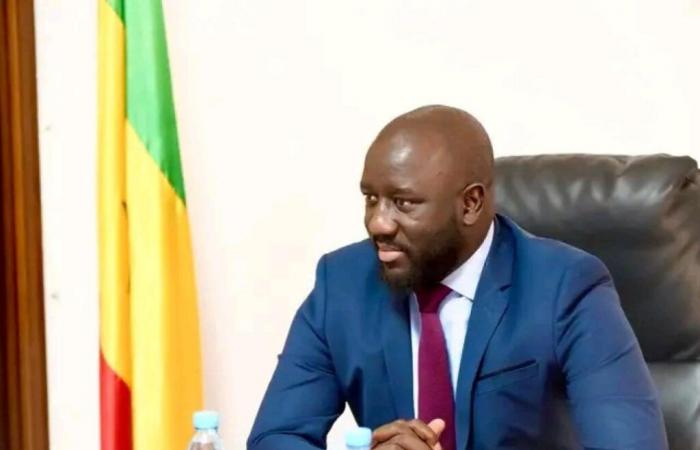
The Cdeps urgently invites the authorities to set up the High Authority for the Regulation of Audiovisual Communication (Harca), which must replace the current CNRA for a long time, in accordance with the relevant texts of the new Press Code, while respecting the criteria nomination objectives.
The new team of the recently formed National Audiovisual Regulatory Council (CNRA) continues to cause controversy. But this time, it is the media players themselves who are stepping up to the plate, not only to dwell on the subject, but also to recall, until now, all the failings of the supervision.
Thus the employers, embodied by the Cdeps, take the Minister of Communication, Telecommunications and Digital Affairs as solely responsible for the turbulence which is shaking the press. Through a press release that has reached us, Mamadou Ibra Kane and company are tackling the “publication of decree 2024-3401, appointing members of the National Audiovisual Regulatory Council (CNRA), dated December 11, 2024 “. Without mincing words, they believe that the document in question contains “many shortcomings which indicate, once again, the incompetence of the Minister of Communication”.
Referring Aliou Sall to his notes, the Cdeps reveals that in no case can “the appointment of members of the CNRA be on the proposal of the Minister of Communication”. The other “clumsiness due to a total ignorance of the texts which govern the sector” mentioned in the Cdeps press release concerns the six-year mandate of the CNRA college “non-renewable and non-revocable. It is in no way a question of replacing them.”
Still on this subject, in the republican tradition, according to the Cdeps, “no member of the CNRA can be affiliated with a political party or be a public sympathizer”. In the understanding of the president of the Cdeps and other members of the employers, Mr. Sall is in his logic to continue to weaken the press.
“To tell the truth, these new actions of the Minister of Communication are in line with all the violations of his ministry since the advent of the third political alternation of March 24, 2024.”
To corroborate their statements, they also mention the last workshop relating to advertising.
“Recently, the preliminary draft of the law on advertising excludes, both in its development phase and in the identification of players in the sector, press companies which are undoubtedly natural supports for commercial advertising”.
All in all, if this trend remains unchanged, the “Senegalese media, which contributed greatly to three political changes”, risk suffering more. The Cdeps recommends a “serene environment to continue to play their role in the stability and development of Senegal”
“Jub, jubal, jubanti” begins with respect for the laws in force, otherwise it remains an empty slogan.
For its part, the National Executive Office of the Federation of Communication and Information Actors of Senegal (Facs), simply demands “the abolition of the CNRA and the installation of the High Authority for Regulation of the Value Chain audiovisual”.





